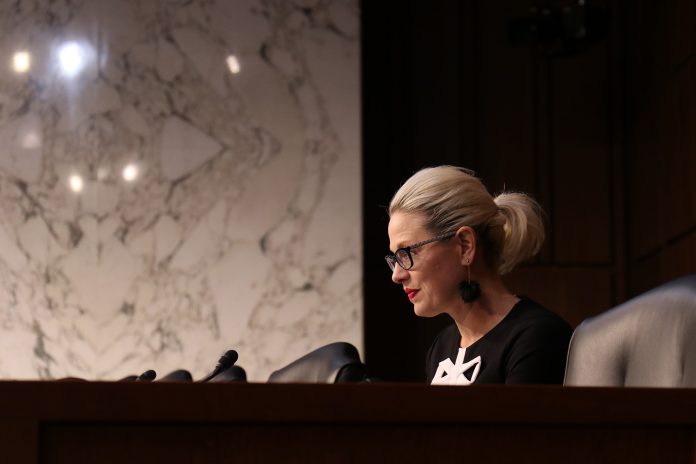The Unpredictable Path of Arizona’s Independent Voters: A Look at the State’s U.S. Senate Race
Arizona’s U.S. Senate Race Shaped by Independent Voters
In a surprising turn of events, U.S. Senator Kyrsten Sinema announced that she will not seek reelection to Arizona’s U.S. Senate seat, leaving the field open for a new type of unpredictable candidate. Sinema, known for her independent and sometimes baffling political stances, has now shifted the spotlight to Arizona’s 1.4 million unaffiliated voters.
These independent voters, who make up the state’s second-largest voting bloc, are now in a position to play a crucial role in deciding which party controls the U.S. Senate. With a growing number of independents in Arizona, the conversation around voting access laws, particularly in relation to partisan systems, is gaining momentum.
Currently, independent voters are excluded from participating in party-based presidential primaries unless they switch their affiliation to a major party. However, a recent survey showed that 87% of Arizona independents support a non-partisan primary system. This shift in voter demographics is forcing both parties to reconsider their strategies to attract independent voters.
The upcoming Senate race in Arizona will see Democrat Congressman Ruben Gallego and a Republican frontrunner vying for the seat. Polls indicate a close race between the two candidates, with independent voters likely to play a decisive role in the outcome. The departure of Sinema from the race has created an opportunity for candidates to appeal to this diverse and influential group of voters.
As the political landscape in Arizona evolves, candidates are focusing on issues that resonate with independent voters, such as election reform and non-partisan governance. The rise of independent voters in Arizona reflects a broader national trend, with growing support for a third political party to challenge the dominance of the Republican and Democratic parties.
In the midst of these changes, the future of Arizona’s U.S. Senate race remains uncertain. Candidates are working to build support among independent voters, who are increasingly seen as the key to victory in a state known for its political unpredictability. The race for Arizona’s Senate seat is shaping up to be a test of how well candidates can appeal to a diverse and independent-minded electorate.
